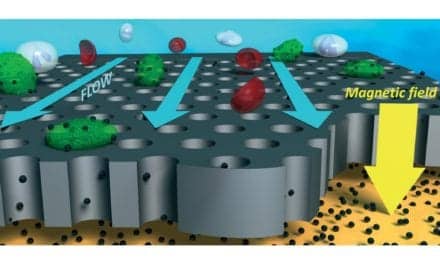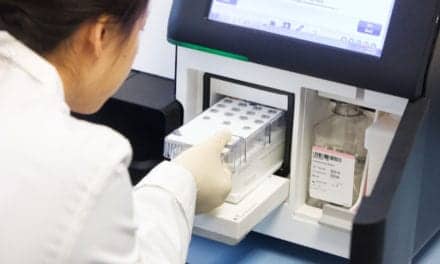Summary:
Molecular Instruments, Inc. (MI) has introduced novel LDTs at Yale School of Medicine, leveraging HCR Pro RNA in situ hybridization (RNA-ISH) technology to improve the diagnosis and treatment of psoriasis and atopic dermatitis.
Takeaways:
- Enhanced Diagnostics – The LDTs utilize a four-biomarker panel to distinguish between psoriasis and eczema, aiding in precise treatment selection.
- Seamless Integration – Designed to work within existing clinical workflows, these tests provide reproducible molecular insights without disrupting standard procedures.
- Broader Implications – The protease-free HCR Pro RNA-ISH technology enables high sensitivity and may expand molecular precision medicine beyond dermatology.
Molecular Instruments, Inc. (MI), a company powering the future of bioimaging, has announced an advancement in dermatological diagnostics through the successful development and implementation of novel laboratory-developed tests (LDTs) at the Department of Dermatology at Yale School of Medicine. The novel LDTs, powered by MI’s HCR Pro RNA in situ hybridization (RNA-ISH) technology, comprise a unique four-biomarker panel to differentiate between and sub-classify psoriasis and atopic dermatitis (eczema) skin biopsies, and guide treatment selection.
Novel LDTs Work Within Existing Clinical Workflows
The test development was led by William Damsky, MD, PhD, assistant professor of Dermatology and Pathology. The novel LDTs are designed to work within existing clinical workflows to evaluate key immunologic signals in skin biopsy specimens and provide clear, reproducible data to allow for more personalized treatment approaches.
Approximately 20–25% of the population is affected by chronic, non-communicable inflammatory skin diseases, and dermatologists can face challenges in achieving accurate diagnoses, especially when patients manifest atypical symptoms or have atypical clinical presentations1. In psoriasis and atopic dermatitis, physicians have a range of treatment options targeting different molecular mechanisms. Providing molecular-level diagnostic information about a patient’s condition can better guide treatment selection, leading to improved adherence and outcomes.
“These novel biomarker-based LDTs are bringing molecular precision into routine clinical practice with the aim of improving diagnosis and treatment accuracy,” says Damsky. “In cases where clinical and histological findings are ambiguous, these tests reveal the molecular pathways driving patients’ disease. The LDTs also provide information on where molecules are expressed within the tissue, enabling us to understand both the level of expression and its precise location. The technology has great potential, and we look forward to expanding our testing to include additional biomarkers and dermatologic conditions.”
Protease-free HCR Pro RNA-ISH Enables High Sensitivity
The clinical-grade, protease-free HCR Pro RNA-ISH technology enables the highest sensitivity for detecting target RNA molecules while preserving tissue integrity. HCR Pro seamlessly integrates with automated staining platforms and enables streamlined, reproducible results suitable for a wide range of clinical applications.
“The successful implementation of HCR Pro technology in a clinical setting marks a significant technical milestone for Molecular Instruments,” says Aneesh Acharya, PhD, Chief Commercial Officer of Molecular Instruments. “This advancement demonstrates the potential for molecular diagnostic approaches to enhance precision medicine across not just dermatology but various medical specialties where tissue biopsies guide treatment decisions. We look forward to enabling a new wave of diagnostics through collaboration with top medical centers, laboratories, and medical and research teams.”
Featured Image: Luchschen | Dreamstime.com
Reference
1 https://www.frontiersin.org/journals/medicine/articles/10.3389/fmed.2022.875492/full





